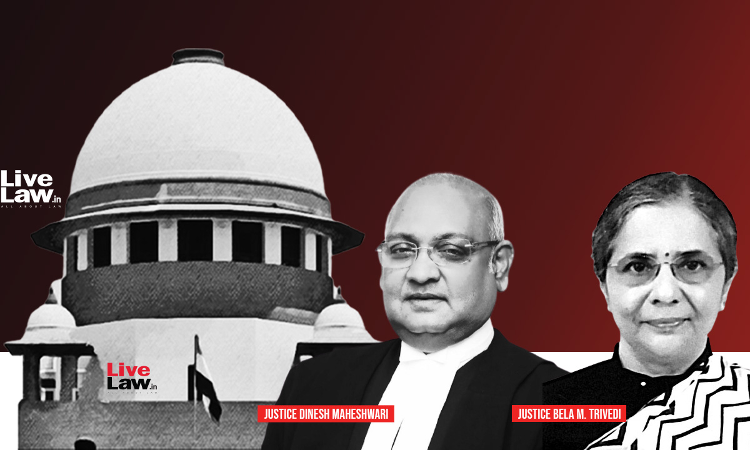The Supreme Court, on Tuesday, held that if an employee is continued in service by the management of any registered minority Secondary School receiving Grant-in-Aid from the State-Government, then such school would not be entitled to receive any grant in respect of the expenditure incurred for continuing such employee beyond the stipulated superannuation age. A Bench comprising Justice...

